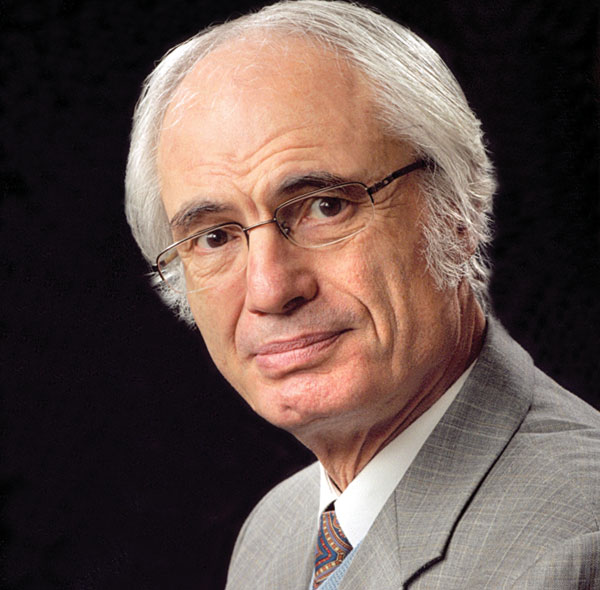Today the Armenian Philharmonic Orchestra directed by conductor Eduard Topchyan, the Armenian Chamber Choir and Hover Choir (directors Robert Mlkeyan and Sona Hovhannisyan), and soloists Hasmik Torosyan (soprano), Davit Babayants (baritone) will perform the first Armenian requiem authored by Tigran Mansurian for the first time in Armenia. Being present at the final rehearsal of this brilliant piece, Aravot asked the directors of the companies to express their opinions. Eduard Topchyan, Albert Mlkeyan, and Sona Hovhannisyan stated that as other famous requiems, the text of Mansurian’s requiem was traditional Latin, stressing at the same time that the Armenian part of it was interspersed with intonations of the brilliant Armenian Church music, which Tigran Mansurian mastered. Robert Mlkeyan added that he had been present at experiments with Mansurian’s requiem 6-7 years ago and he understood now why it had been born only today. “The maestro had an internal fight, since members of his family were among those millions of victims, and this musical piece that reflects the national sorrow combines the universal with the personal.” During a conversation with us, Tigran Mansurian stated that the idea of writing a requiem had occurred to him long ago, and he had spent 10 years of his life on this brilliant piece, which was performed by the Munich Chamber Orchestra, the RIAS Kamerchor and soloists from Berlin in the country that ordered it for the first time in 2011. The composer particularly stressed that according to the contract, only the client had had the right to perform it for a year and a half. Our interlocutor said that after the final rehearsal in Berlin, the German youth had engaged in a conversation on the requiem and the Armenian Genocide that had taken place over a century before. The day after the premiere, the Armenian requiem was broadcasted on Berlin’s public radio. We also talked about the work on this piece that had lasted years. According to the maestro, before he had received an order to compose the requiem, “I had started three times with different material, but it didn’t satisfy me. I consider it as a preliminary stage of research….” Then he modestly said with childish naivety: “I would be happy, if the Armenian audience liked this, particularly given the fact that it is played on such a responsible day as April 24, the day of commemorating the Armenian Genocide.” In response to a question how the prayer of an Armenian to God through music, through a requiem, in particular, differed from that of foreigners, the famous composer said: “I found characters for my requiem; they are depicted in Armenian miniatures with kind of round eyes and black eyebrows…. Those are characters that live
peacefully and naively. I entrusted those very characters with the task of ‘singing’ the requiem, which has come from Latin to intertwine with Armenian melody, to say ‘Agnus Dei’ (Lamb of God). I am also sure and proud personally that my requiem included the centuries-old experience of the Armenian church music and the mentality of our religious people.” In response to our observation that for some reason, requiems were played on commemoration days in our country, the maestro said: “I don’t think that it would be rational to play requiems in our country not on the days of mourning, since there are so many unsolved issues in our reality, from social to….”
SAMVEL DANIELYAN
Aravot Daily

























































Անչափ Շնորհակալություն, Քանզի ավելի հարուստ եմ զգում ինձ:
Աստված Ոգնական և Պահապան